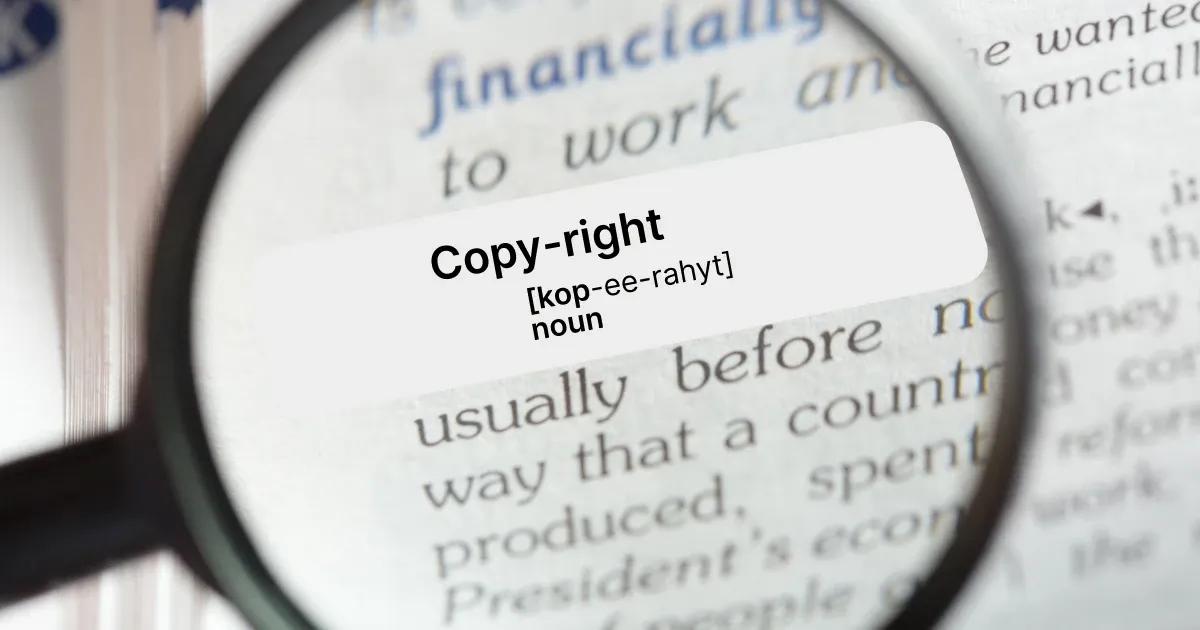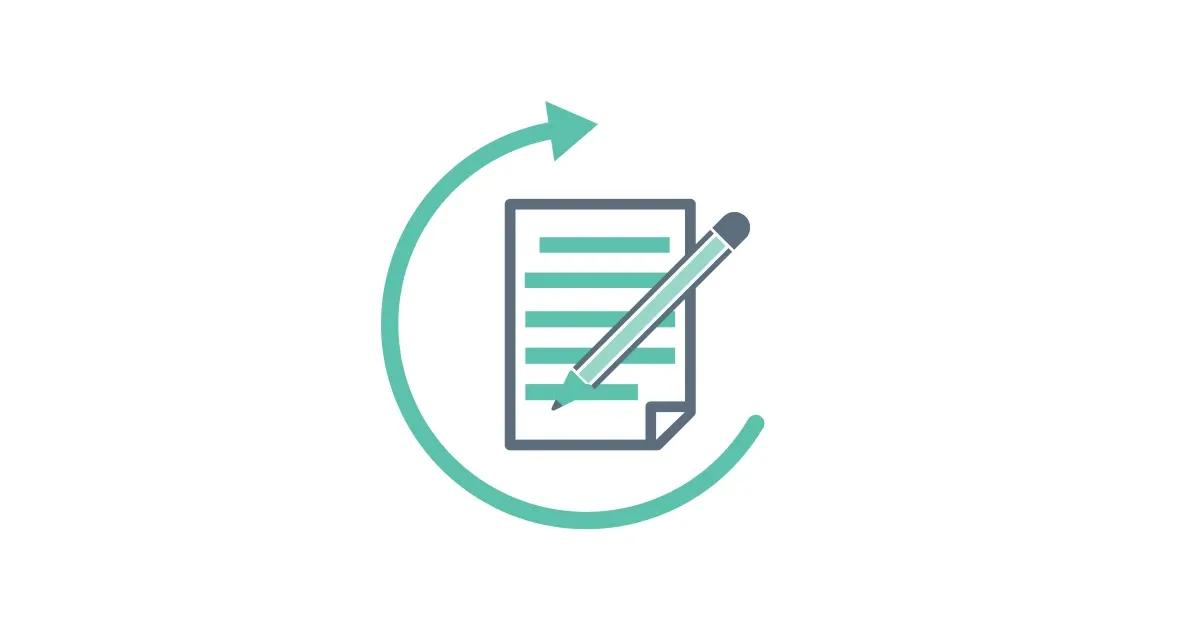In the vast realm of content creation, there exists a tool that has sparked both intrigue and controversy: the article spinner.
This ingenious piece of software claims to revolutionize the way we generate content, promising to multiply a single piece of writing into countless variations with just a few clicks.
But what exactly is an article spinner, and does it live up to its promises? Join us on a journey to delve into the intricacies of article spinners, their impact, and the ethical considerations surrounding their use.

Introduction to Article Spinners
Defining Article Spinners
At its core, an article spinner is a software application designed to take an original piece of content and produce multiple versions of it by replacing words, phrases, or sentences with synonyms or alternate language constructions.
ᴀᴅᴠᴇʀᴛɪsᴇᴍᴇɴᴛThe objective is to create seemingly new content that retains the essence of the original while appearing unique.
Purpose and Use Cases
Article spinners emerged as a solution to the ever-growing demand for fresh content in the digital landscape.
Marketers, bloggers, and website owners often find themselves facing the challenge of producing a high volume of content to engage their audience, improve search engine visibility, and drive traffic.
Article spinners promise to expedite this process by offering a way to repurpose existing content quickly.
How Article Spinners Work
Understanding the Process
Article spinners employ algorithms that analyze the structure of the input text and identify potential replacements for words and phrases. These replacements are drawn from synonym databases or generated using natural language processing techniques.
Techniques Used for Spinning
Several techniques are utilized to spin content, ranging from simple synonym substitution to more complex methods like sentence rearrangement and paragraph shuffling.
Some advanced spinners even attempt to modify the sentence structure to create content that appears more authentic.
Benefits and Drawbacks

Pros of Using Article Spinners
The allure of article spinners lies in their potential to save time and effort. They can quickly generate multiple versions of an article, which can be particularly useful for creating variations of a core idea for different platforms.
Cons and Limitations to Consider
However, the euphoria of automated content creation comes with its share of concerns. One of the major drawbacks is the potential compromise in content quality.
The process of replacing words with synonyms can often result in awkward sentence structures and grammatical errors that degrade the overall readability.
ᴀᴅᴠᴇʀᴛɪsᴇᴍᴇɴᴛQuality and Authenticity
Impact on Content Quality
The essence of any piece of content lies not just in its words but also in its flow, coherence, and readability. Article spinners, despite their claims, often fall short of replicating the finesse of human-generated content.
Potential Issues with Authenticity
While article spinners aim to create unique content, the rapid proliferation of spun articles across the internet has led to a rise in cases where multiple versions of the same spun content saturate the web. This dilutes the uniqueness of the content and raises questions about its authenticity.
SEO Implications
Article Spinners and Search Engine Optimization
SEO has been a driving force behind the adoption of article spinners. The belief that having multiple versions of an article can increase its chances of ranking higher in search engine results has led many to embrace these tools.
Risks and Penalties from Search Engines
However, search engines are becoming increasingly sophisticated in detecting spun content. When search engines identify duplicate or poorly spun articles, websites can face penalties, causing their rankings to plummet.
Alternatives to Article Spinners

Other Content Creation Methods
While article spinners offer a shortcut, there are alternative content creation methods that prioritize quality and authenticity. These include manual content creation, collaborating with skilled writers, and curating relevant content from trusted sources.
Importance of Originality
Originality remains a cornerstone of valuable content. In a world awash with information, uniqueness stands out, resonates with audiences, and builds trust.
Ethical Considerations
Ethical Concerns Related to Spinning Content
The ethical implications of using article spinners cannot be ignored. Spun content often skirts the edge of plagiarism, as it repurposes existing ideas without adequate transformation or attribution.
ᴀᴅᴠᴇʀᴛɪsᴇᴍᴇɴᴛBalancing Efficiency and Integrity
While article spinners offer efficiency, they pose a challenge to the integrity of content creation. Striking a balance between expediency and ethical responsibility is crucial.
Introduction to Copychecker Plagiarism Checker Tool
Overview of Copychecker
In the pursuit of maintaining content integrity, plagiarism checker tools like Copychecker have emerged as essential companions for content creators. These tools scrutinize content for signs of plagiarism and provide insights into its authenticity.
Importance of Maintaining Originality
Originality is not only an ethical benchmark but also a crucial factor in establishing credibility. Plagiarism undermines trust and tarnishes the reputation of content creators.
How Copychecker Works

Exploring the Plagiarism Detection Process
Copychecker employs advanced algorithms to compare submitted content against a vast database of existing texts. It identifies similarities, matches, and potential instances of plagiarism.
Features that Enhance Accuracy
Copychecker utilizes a range of techniques, including fingerprinting and contextual analysis, to distinguish between deliberate plagiarism and unintentional similarities.
User-Friendly Interface
Navigating the Copychecker Tool
Copychecker's user-friendly interface makes the plagiarism checking process straightforward. Users can easily upload or paste their content and initiate the analysis.
Steps to Conduct a Plagiarism Check
The process involves a few simple steps: inputting the content, selecting the level of analysis, and initiating the scan. Copychecker then generates a comprehensive report outlining the detected matches and their sources.
Types of Plagiarism Detected
Identifying Various Forms of Plagiarism
Copychecker doesn't just focus on verbatim copying; it identifies different forms of plagiarism, including paraphrasing and mosaic plagiarism.
ᴀᴅᴠᴇʀᴛɪsᴇᴍᴇɴᴛTextual Similarities and Paraphrasing Detection
The tool's algorithms delve into sentence structures, word choices, and context to detect instances where content has been paraphrased without proper citation.
Benefits of Using Copychecker

Ensuring Content Integrity
Copychecker plays a vital role in upholding the authenticity of content, ensuring that what is presented to the audience is a genuine creation.
Building Trust and Credibility
Utilizing plagiarism checker tools like Copychecker reinforces the commitment to originality, building trust with readers, peers, and stakeholders.
Interpreting Plagiarism Reports
Understanding the Analysis Results
Copychecker generates detailed reports that highlight similarities, originality percentages, and the sources of matched content. Differentiating Between Acceptable and Problematic Matches
The tool assists users in distinguishing between acceptable instances of common knowledge and problematic matches that require further attention.
ᴀᴅᴠᴇʀᴛɪsᴇᴍᴇɴᴛIntegration and Accessibility
Copychecker Tool Integration Options
Copychecker offers integrations with various content creation platforms, making it seamless for writers and editors to incorporate plagiarism checks into their workflow.
Availability Across Different Platforms
The tool is accessible across multiple devices and platforms, enabling users to perform plagiarism checks wherever they work.
Tips for Effective Use

Maximizing the Value of Copychecker
To maximize the benefits of Copychecker, it's important to use it as a proactive tool throughout the content creation process rather than as a mere formality before publishing.
Incorporating Plagiarism Checks into the Writing Process
Incorporating plagiarism checks at different stages of content development helps maintain originality and prevents unintentional similarities.
FAQs
What Is Article Spinning?
Article spinning is the process of using software to generate multiple versions of an original piece of content by replacing words, phrases, or sentences with synonyms or alternate language constructions.
How Does an Article Spinner Work?
An article spinner works by employing algorithms to analyze the structure of a text and identifying potential word or phrase replacements. These replacements are often drawn from synonym databases or generated using natural language processing techniques.
Can You Give an Example of Article Spinning?
Certainly! Here's an example of a sentence before and after spinning: Original: "The cat chased the mouse." Spun: "The feline pursued the rodent."
Is Article Spinning Legal?
While article spinning itself is not illegal, using spun content in ways that infringe upon copyright or violate plagiarism guidelines can lead to legal and ethical issues.
How Do You Spin an article?
To spin an article, you typically use specialized software that allows you to input the original text. The software then suggests synonyms and alternate phrases for you to replace the existing words, creating a new version of the content.
ᴀᴅᴠᴇʀᴛɪsᴇᴍᴇɴᴛConclusion
In a landscape where content reigns supreme, the tools we use to create and verify it shape our digital footprint. Article spinners offer a shortcut, but their drawbacks in quality and authenticity raise questions about their place in ethical content creation.
On the other hand, plagiarism checker tools like Copychecker stand as guardians of integrity, ensuring that every piece of content reflects the creativity and authenticity of its creator.
As content creators, the choices we make define not only the quality of our work but also our commitment to transparency, trust, and originality.







